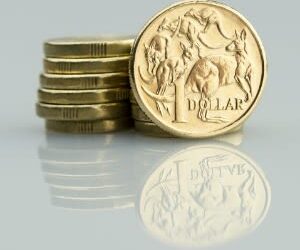SMSFs outperformed APRA funds by more than 4 per cent in 2021–22, according to new research from the University of Adelaide’s International Centre for Financial Services (ICFS).
The research revealed that in a financial year where the bellwether S&P/ASX 200 index fell more than 10 per cent, the median SMSF only retreated 1 per cent compared with the median APRA fund that fell 5.1 per cent.
The 4.1 percentage point margin was the largest in six years.
The research was based on 394,000 SMSFs, or 67 per cent of all self-managed funds, and showed that 38 per cent of SMSFs had positive returns in 2021–22 compared with less than 5 per cent of APRA funds.
Dr George Mihaylov, head of the ICFS research project commissioned by the SMSF Association, said the SMSF performance results suggest that most funds are adequately diversified, indicating a key financial benefit for those SMSF trustees who get financial advice.
“In our opinion, the outperformance by SMSFs was due, in part, to being underweight international equities and overweight domestic equities in a year where the local market outperformed some international markets,” Dr Mihaylov said.
“We have shown in earlier research that less than 2 per cent of SMSFs hold international equities, most often with allocated weightings that are low. This is in stark contrast with APRA funds, of which a much larger proportion diversify internationally, typically with larger weightings.”
Dr Mihaylov added that although home bias generally leads to suboptimal levels of investment diversification, it can also act to boost earnings and returns during periods where the domestic stock market outperforms some key international markets.
He said another contributing factor to the outperformance was that a substantial subgroup of SMSF trustees pursued defensive asset allocations and defensive asset classes.
The latest research is consistent with previous studies, and Dr Mihaylov said losses were also marginally exacerbated at the aggregate level for funds holding less than 80 per cent of their net assets in cash and cash equivalents.




